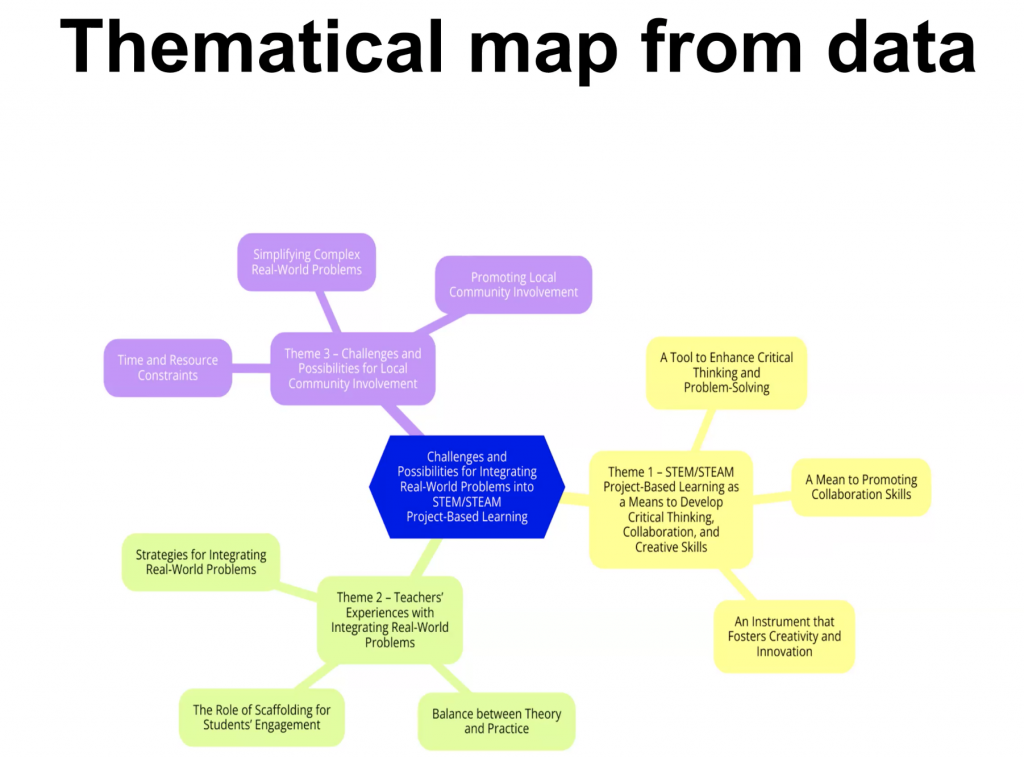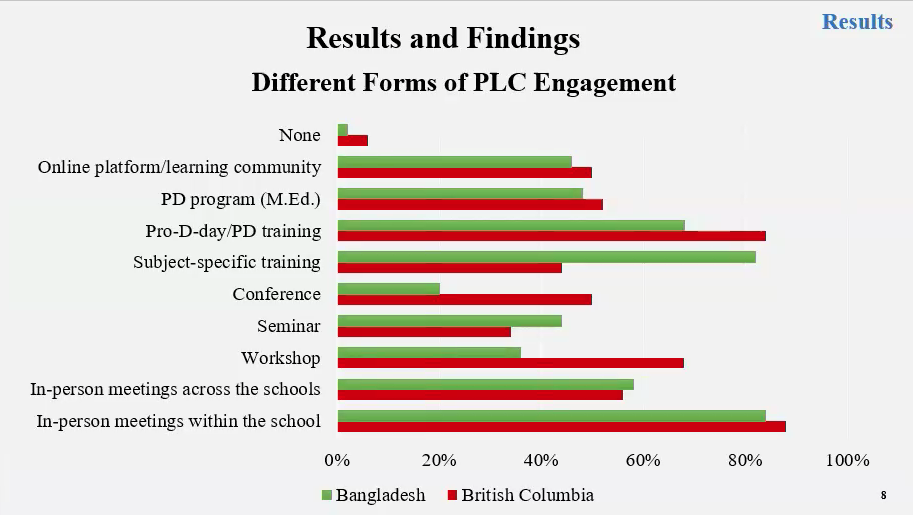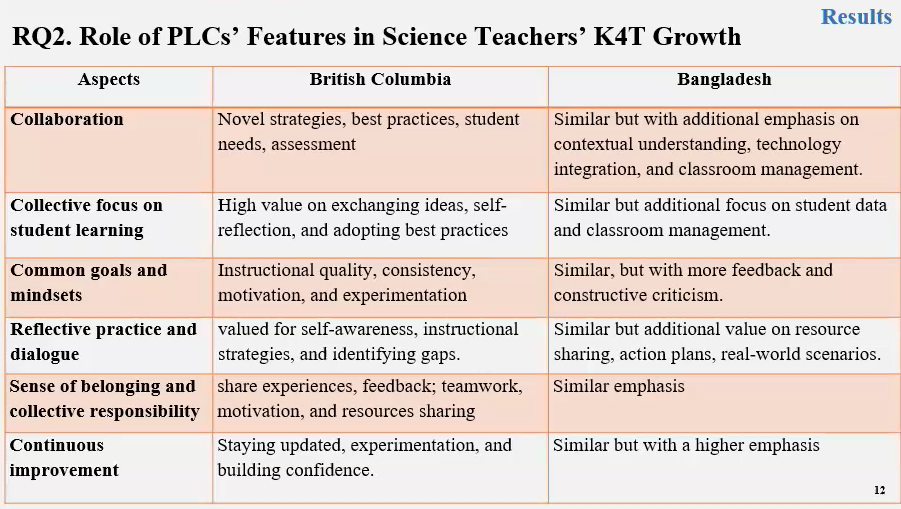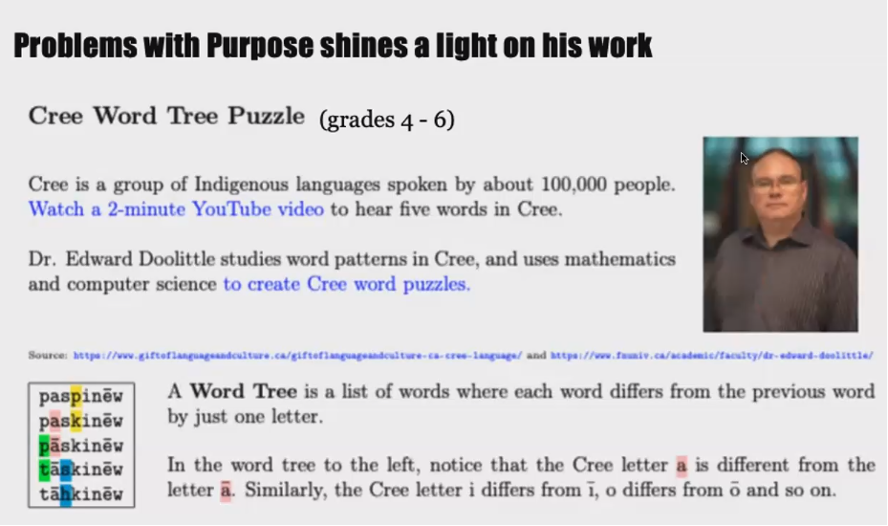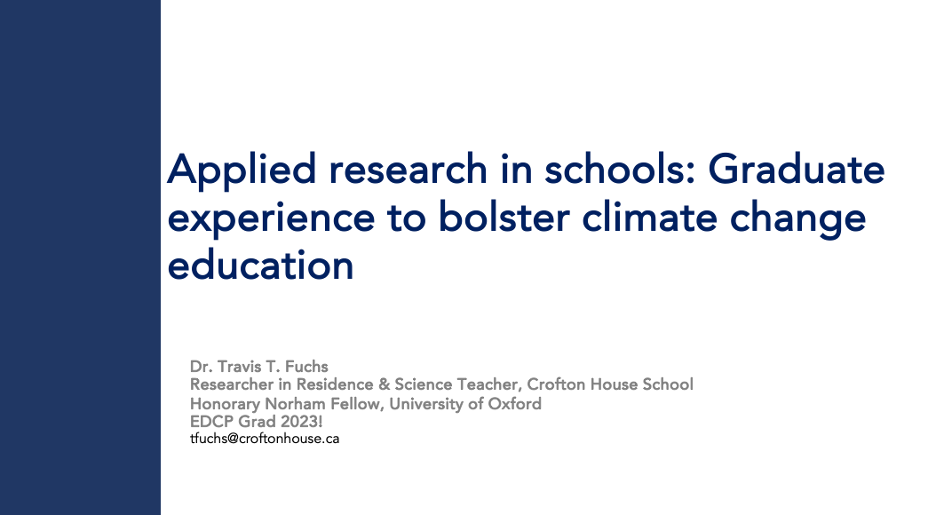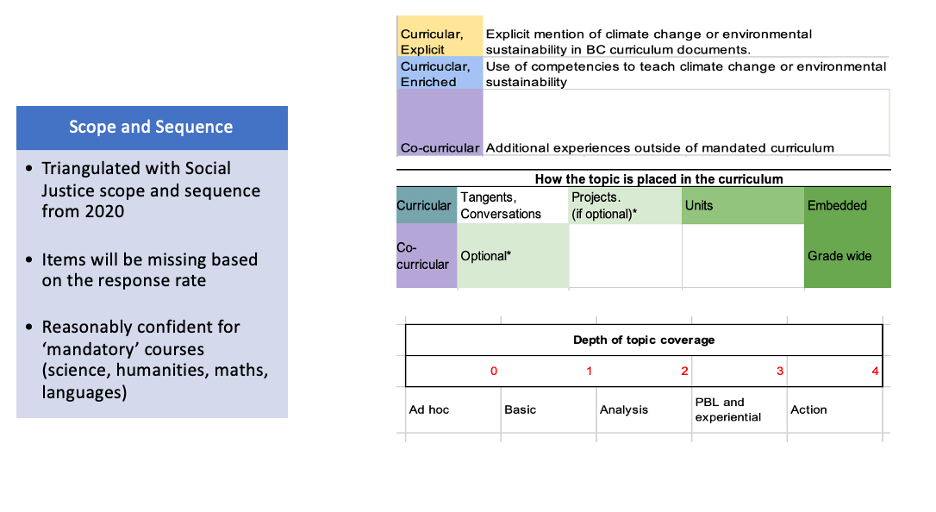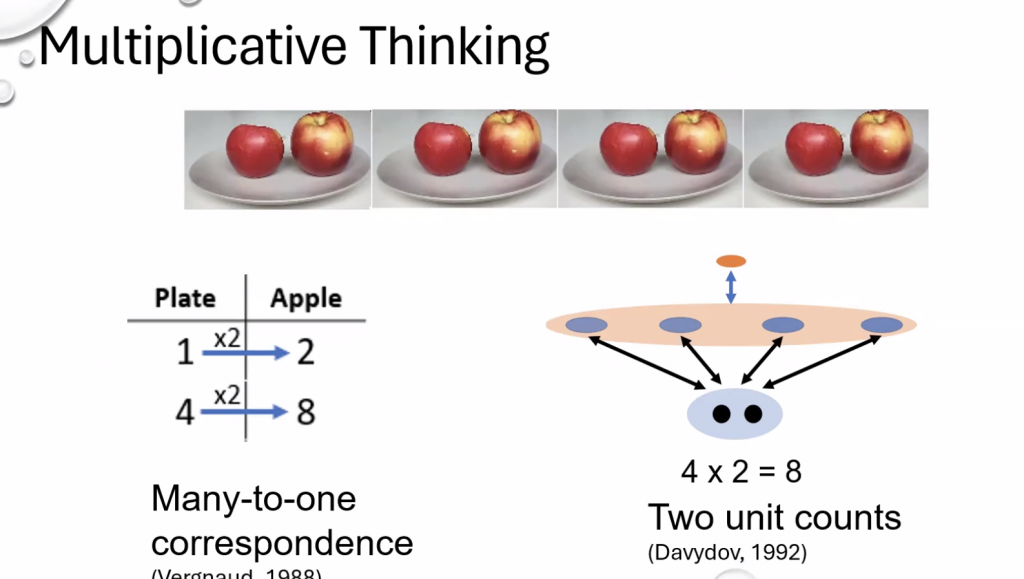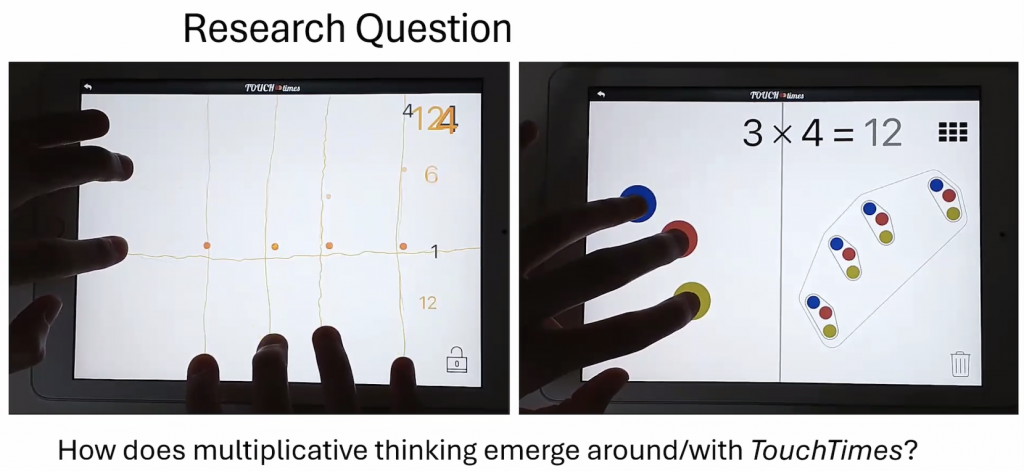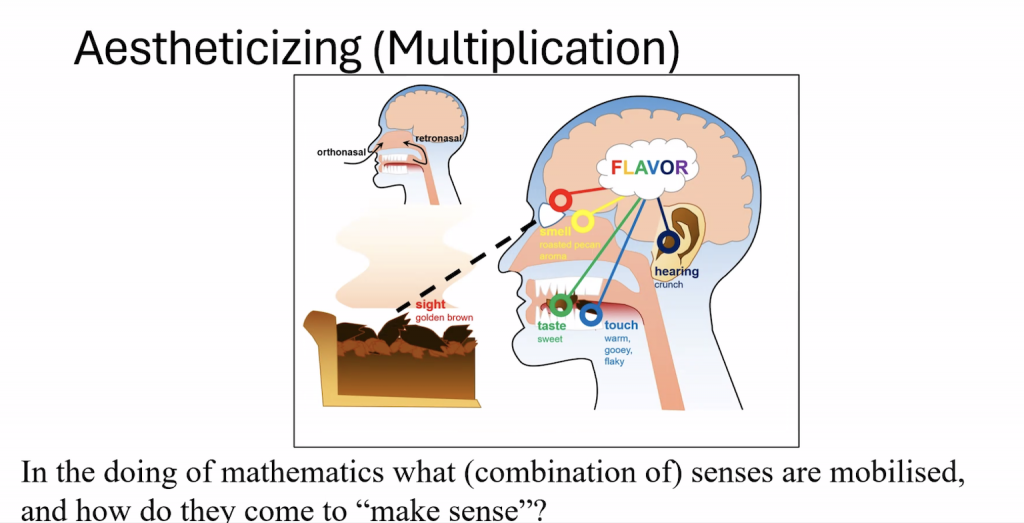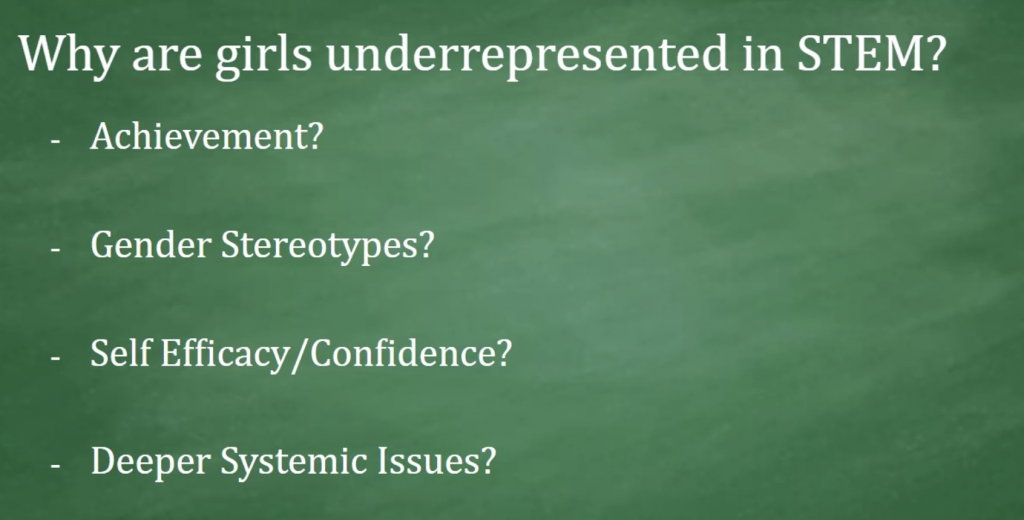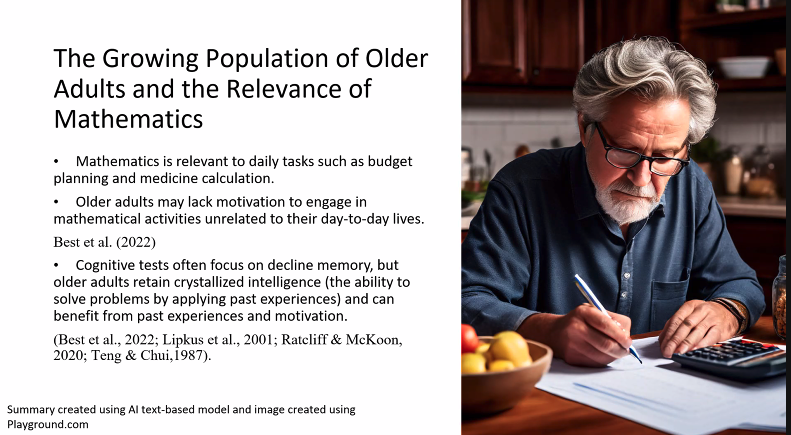Summary of SyMETRI Meeting: November 12th, 2024 by Stephanie La France
Presenter/Guest Speaker: Ariane Faria dos Santos from Department of Curriculum and Pedagogy, University of British Columbia
Date: November 12, 2024
Host: Dr. Cynthia Nicol
At the SyMETRI meeting on November 12th, 2024, Ariane Faria dos Santos shared about her experience writing comprehensive exams, and specifically, her thought process on finding, analysing, and managing literature. In her presentation, she covered the following platforms:
- Covidence platform and its many functions particularly for systematic review.
- Mendeley – for tracking sources and their characteristics
- NVivo – for coding papers for themes in the literature
She also shared her thoughts on how to approach literature reviews and reading literature. For example:
- How to decide on a kind of literature review: scope vs systematic. Systematic uses a methodological approach that is replicable by others and formulaic and is intended to capture the state of established fields; scoping literature reviews are intended for emergent topics and takes an explorative approach that covers broader connections.
- How to choose databases: ERIC, Education Source, Academic Search Complete, and Scopus are databases that would capture educational literature.
- How to narrow down research focus for the paper and main question guiding the literature review : think deeply about what exactly it is you want to synthesize and how it supports the topic that you are reviewing the literature for.
- How to choose search terms for the library database: this is trial and error, but you can refine your search terms as you go and repeat the searches. Look to see what terms the literature you are interested in is using have in their abstracts, titles, and search terms.
- How to do a Boolean search in the UBC library: see your friendly librarian!
Here are some slides from Ariane’s presentation:
We were happy to have Ariane join us and give some insight into how to approach various types of literature reviews and choose the platforms that will work for us!
Bio
Ariane Faria dos Santos is a Ph.D. student at the University of British Columbia, Department of Curriculum and Pedagogy. Her research interests include curriculum implementation and teaching practices to improve learning opportunities for students from diverse backgrounds. She is particularly interested in understanding how to better connect both micro (classroom/school) and macro (policymaker) stakeholders to design and implement more equitable curriculum policies.




